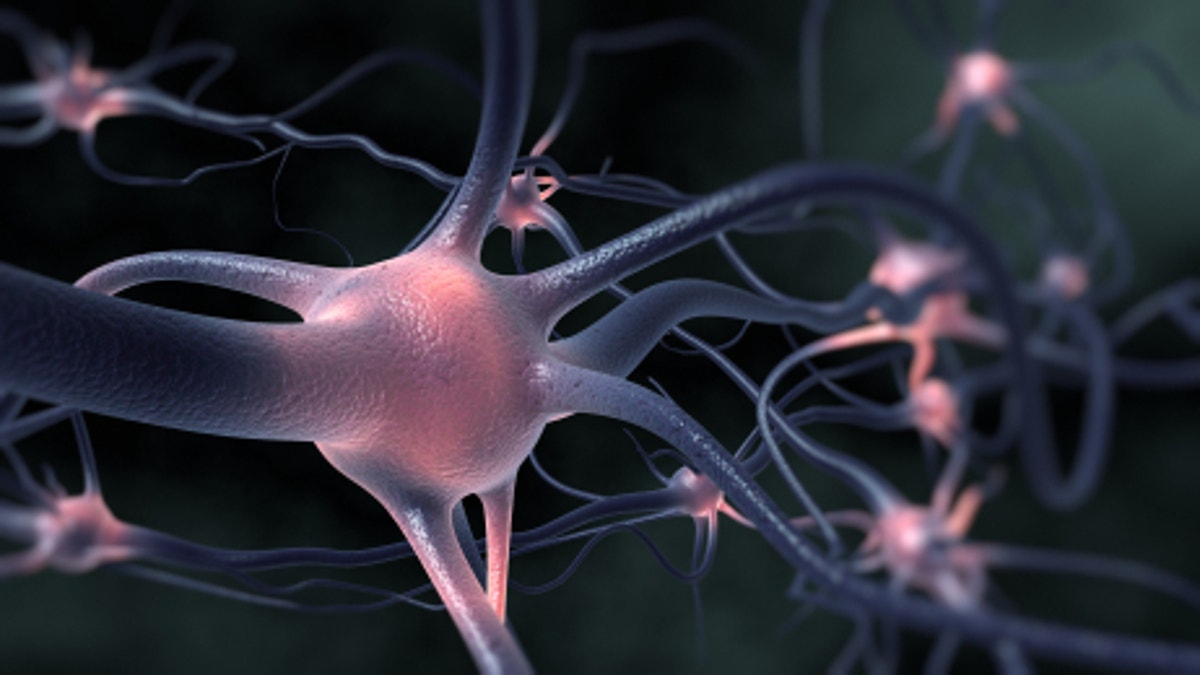
Researchers have found evidence that natural resistance to dementia may run within families, according to a new study.
Scientists from Mount Sinai School of Medicine report that elderly people who are free of dementia and have high levels of a certain protein called C-reactive protein (CRP) are also less likely to have relatives with the brain-wasting disease.
“Our results found that the higher the level of this protein in the study participant, the lower the risk for dementia in their parents and siblings,” study author Dr. Jeremy Silverman at Mount Sinai School of Medicine in New York, said in a released statement.
For the study, researchers measured the levels of CRP in nearly 300 dementia-free male veterans aged 75 and older. They also interviewed 1,329 parents and siblings of the veterans about whether or not they had dementia. Out of those relatives, 40 people from 37 families had dementia.
In a second group of 51 dementia-free people aged 85 and older, the researchers found that out of 202 of their relatives, only nine had developed dementia.
Results from both the first and second group indicated that the participants with higher amounts of CRP were more than 30 percent less likely to have relatives with dementia.
Not only that, the researchers also found that the higher the levels a participant had of the protein, the better his or her own memory tended to be as well.
“Those who were doing the best in memory function and cognition were the ones with the highest levels of CRP,” Silverman told FoxNews.com.
While CRP is typically associated with inflammation and worse cognition in younger people, the researchers said high levels, or build-up, of the protein in older people without dementia likely indicate there is something else at play, protecting their (and their relatives’) brains against the protein’s harmful effects.
“It’s not necessarily that a high level of CRP, which is a bad thing, suddenly becomes a good thing in late age,” Silverman told FoxNews.com. “It’s more likely that these people are carrying protection against these bad elements – genetic familial protection.”
The protection Silverman referenced is as of yet unidentified, but he said the study “gives a bit of a window as to how we might identify the genetic characteristics that may resist dementia.”
Using CRP levels to identify those with resistance to dementia, researchers can then look for genes they have in common that may impact memory and cognition.
Once researchers find those genes, Silverman hopes they can then hone in on treatments – or even cures – for dementia and Alzheimer’s disease.
“These are going to be relatively rare individuals [with dementia-protective genes],” Silverman said. “The value of identifying the genes is not to pick out the people who are protected, but rather it allows us to understand the mechanisms involved and lead to preventative methods to protect against dementia for those who don’t carry the genes.”
The study was published Thursday in the journal Neurology.







































